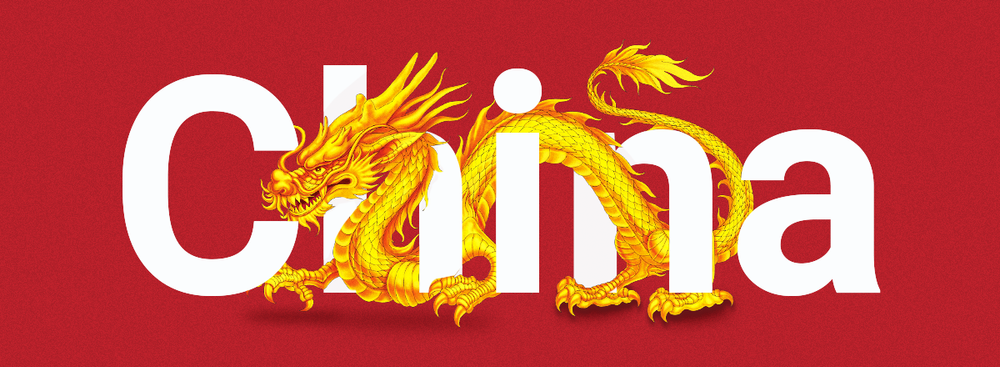China has launched the Tuber browser, which opens access to previously prohibited social media platforms. However, experts are confident that Beijing wants to distract those who are looking for overseas entertainment from the VPN, through which they may encounter politically unacceptable content.
Due to unknown reasons, the browser stopped its functioning on October 10 and disappeared from the mobile app store. Tuber was available only for Android users, and it was downloaded five million times from Huawei's app store. It's still unclear whether a government agency had ordered its removal.
If users wanted to access YouTube, Facebook, Twitter, Instagram, Google, and other banned internet services in China via Tuber, they had to register with a Chinese phone number, which is tied to a person's real identity.
The registration began with a warning that users must not violate the Chinese government's seven basic principles, a set of self-censorship guidelines regarding the socialist political system, the interests of the state, citizens' legal rights, and public order morality and accuracy.
According to the terms of use of the app, the platform might block an account if it is watched or shared content that breaches the constitution, endangers national security and sovereignty, spreads rumors, disrupts social orders, or violates other local laws.

It is also noted that Tuber should become a cross-platform in the political struggle between the PRC and the United States. Over the past few years, countries have blocked a number of each other's social platforms.

Tuber browser is 70% owned by a subsidiary of the largest cybersecurity company in China, Qihoo 360. Its founder is Zhou Hongyi, co-founder, chairman, and CEO of Qihoo 360 and a political adviser to the Chinese Communist Party.














